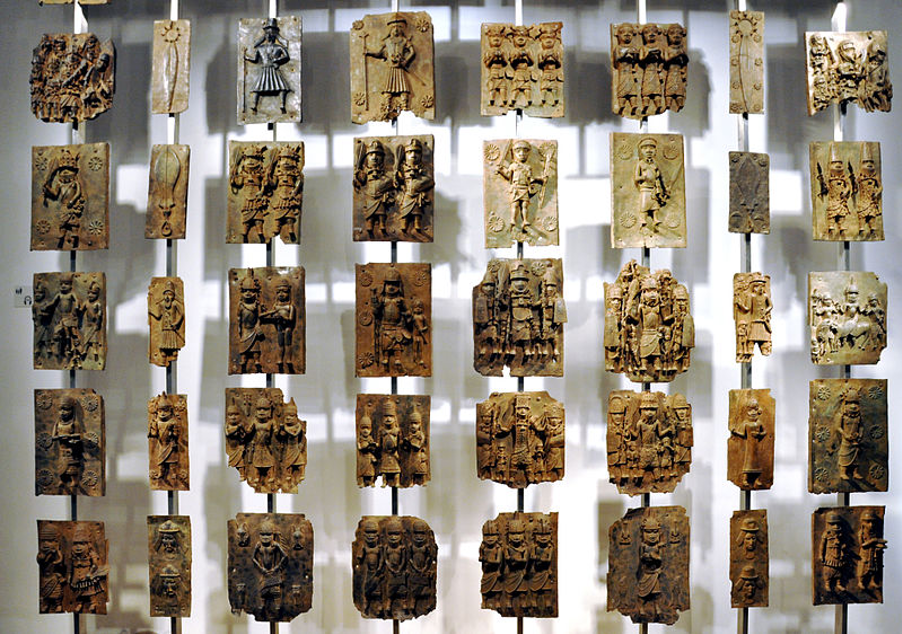
What role did West Africa and West African people play in the Atlantic world? In this module, we will investigate how African political communities formed and changed from the era of the trans-Saharan trade to the age of revolutions. Between c. 1450 and 1840, empires rose and fell, trading patterns were transformed, and social and cultural practices changed in the regions that became known as the Gold Coast, Bight of Benin, and West Central Africa. African empires that had expanded were threatened by revolutionary political rivals. Slaving, which had begun as a marginal enterprise, became the primary export activity, generating widespread warfare and demographic distortion. And ideas and practices regarding gods, gender, and land changed to makes sense of problems such as inequality, the abuse of political power, and the interference of outsiders. We will discover how Africans participated in commerce, diplomacy, and cultural production on equal terms with Europeans between c. 1450 and 1700. We will trace how those relationships changed with growing commercial dependence on the transatlantic slave trade, along with its devastating effects on military conflict, spiritual beliefs, and political stability. Through various themes such as kinship, trade, spirituality, and political power, this course investigates how West Africans were participants in the Atlantic world, rather than its one-dimensional victims.
